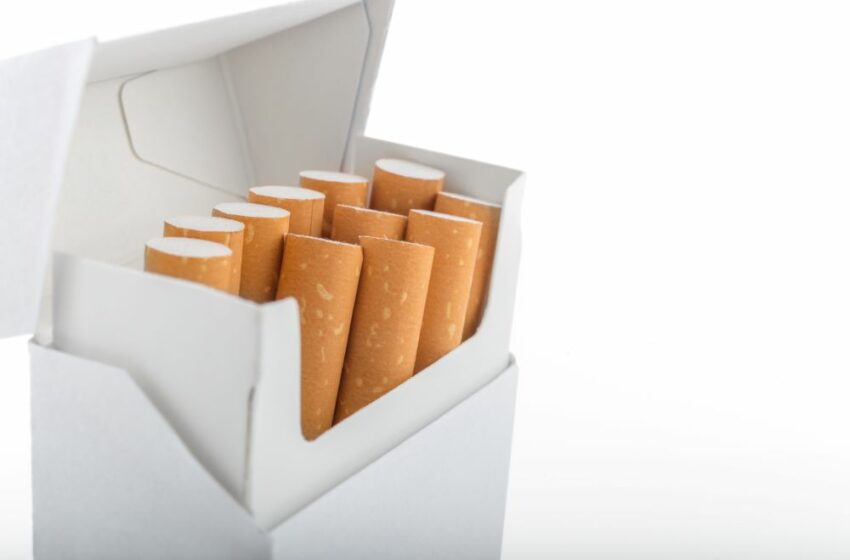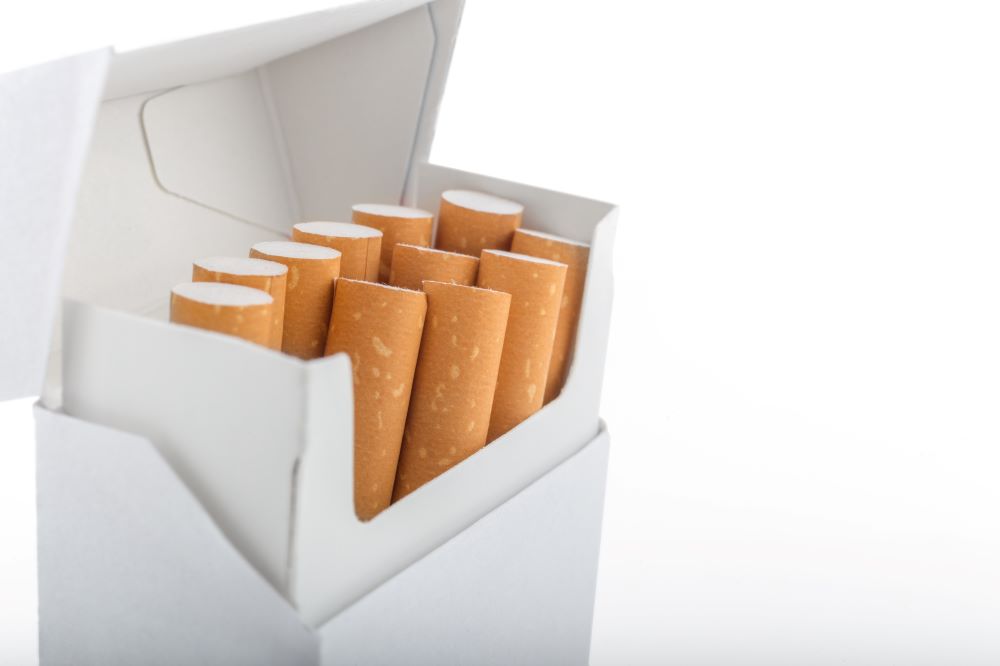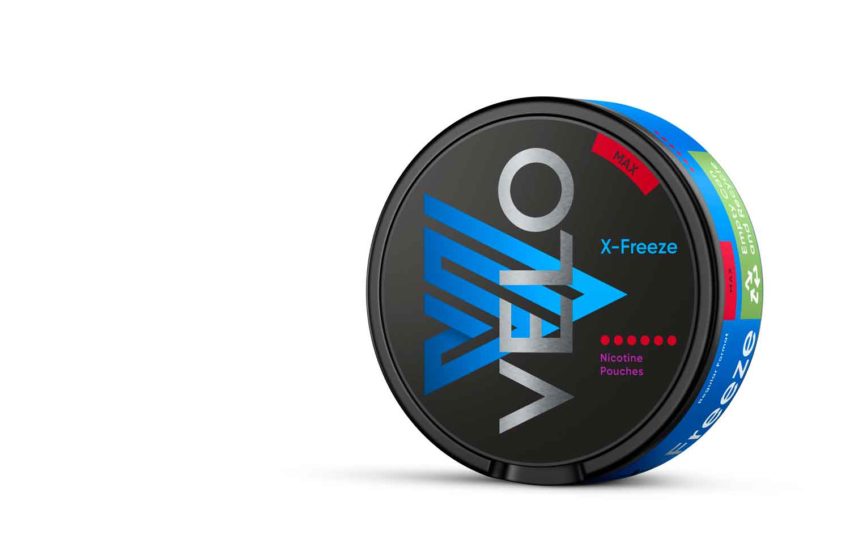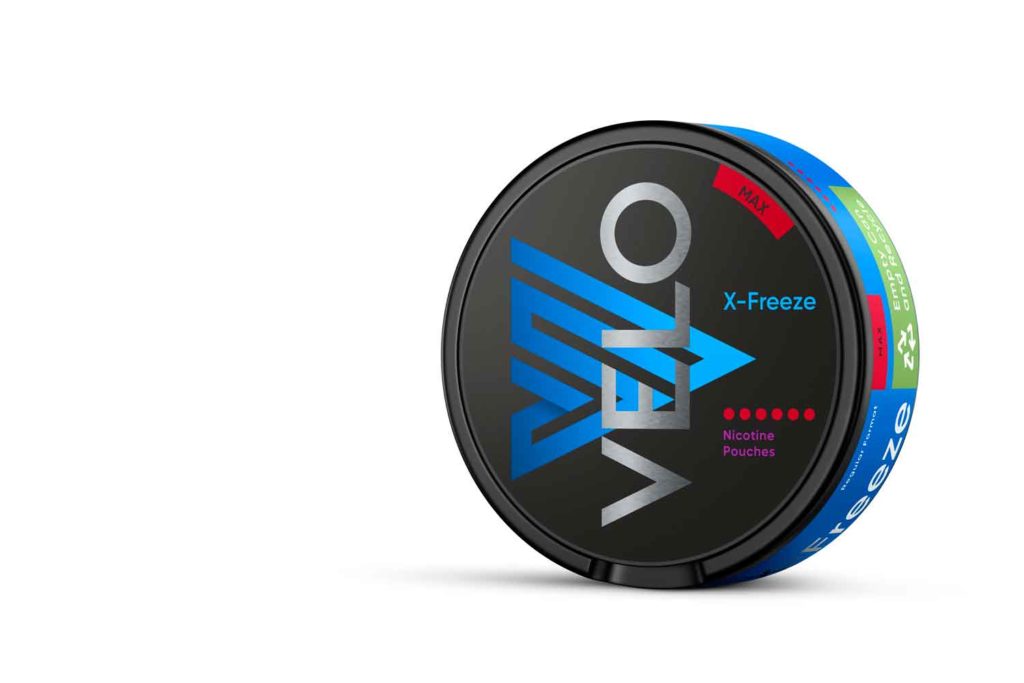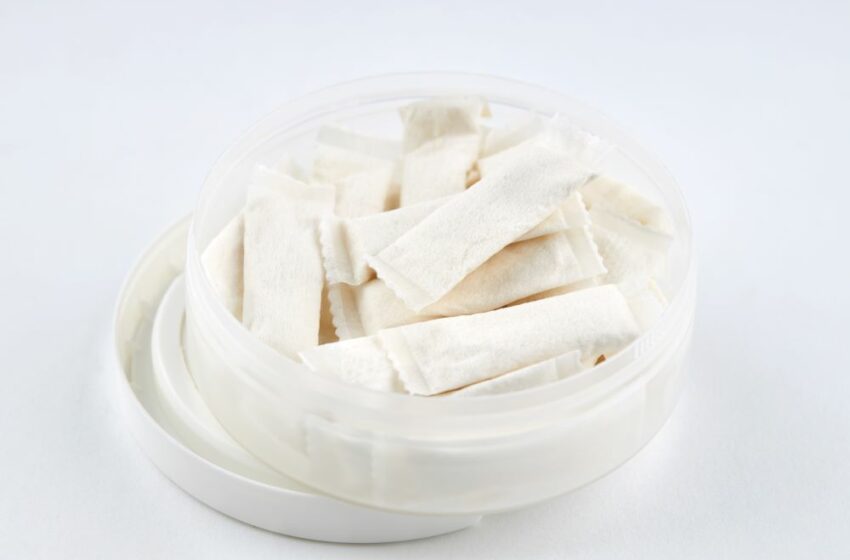
Zimbabwe has recorded a 26 percent increase in export earnings from tobacco products, according to The Herald.
Export earnings were USD603 million in the January 2023 to August 2023 period, up from USD477 million in the same 2022 period, following the operationalization of the Tobacco Value Chain Transformation Plan (TVCT).
Zimbabwe exports partly or whole stemmed/stripped tobacco or not stemmed/stripped tobacco, tobacco refuse, cigars, cheroots and cigarillos containing tobacco, cigarettes and manufactured tobacco.
Volume increased 13 percent, and the average price increased 12 percent.
Of the exported product, 71 percent was partly or wholly stemmed/stripped tobacco, and 19 percent was tobacco refuse, the same trend from 2022.
“There has been a significant increase in shipments to the Far East as shipping constraints have eased,” said Rodney Ambrose, CEO of the Zimbabwe Tobacco Association. “Also, a higher value crop has been exported to select destinations. Unfortunately, the same growth cannot be said of growers’ earnings. The future of the tobacco sector remains positive, provided we can address issues around growers’ viability and sustainability.”
“Credit must be given to farmers who continue to grow the crop even if they are breaking even or making a loss with the hope that one day, they will make a profit,” said George Seremwe, chairman of the Zimbabwe Tobacco Growers Association. “Contractors also should be thanked for rendering support to farmers. However, the Tobacco Industry and Marketing Board (TIMB) must work on reducing or eliminating the participation and licensing of surrogates (middlemen) who are putting huge markups on their services to the detriment of farmers.”
Farmer profitability can only be enhanced if all stakeholders work to reduce production cost with the TIMB enforcing contract pricing and monitoring the delivery of adequate inputs to farmers on time, according to Seremwe.
The government and tobacco stakeholders came up with the TVCT with the aim of creating a USD5 billion industry by 2023.
Export of tobacco products has been on an upward trend, with earnings of USD795 million in 2020, USD837 million in 2021 and USD998 million last year. By the end of this year, earnings are expected to exceed USD1 billion.




